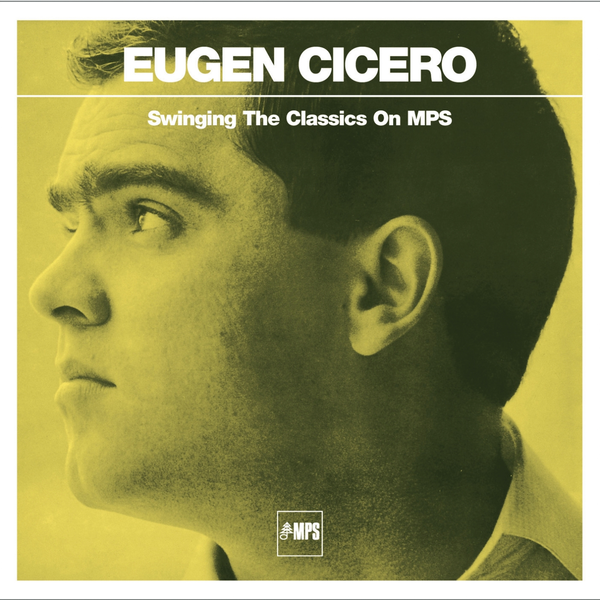
Summing up Bach’s legacy and influence on following generations of composers, Mozart once said, “Bach is the father, we are the children.”
Except he wasn’t talking about the Bach we all know and revere, Johann Sebastian. He was talking about JS Bach’s son, Carl Philipp Emanuel.
I knew JS Bach had composed children just about as frequently as he composed music, and that many of his kids went on to become composers themselves. But I was surprised to find out that in the late 1700s, CPE Bach was considered the greatest Bach of all. Here’s why:
- He wrote an essay about keyboard playing that became pretty much a sacred text for pianists.
- During his life, musical tastes were changing; while his father Johann Sebastian was a master of Baroque, Carl Philipp Emanuel was at the forefront of the transition to what we now call the Classical period. This means that at the time, CPE’s work would have felt fresh and different, while his father’s work would have felt dated.
- He was an enlightenment thinker. Towards the end of his life, when living in Hamburg, he associated with the philosophers, poets, and other thinkers whose radical ideas paved the way for the American and French revolutions. Again, he was a symbol of the modern, while his father was part of the past.
Luckily for all of us, he was also very organized, and took good care of his father’s works. Following JS Bach’s death, while other Bach sons sold or lost manuscripts, CPE held on to them, which is part of the reason for the eventual resurgence of JS Bach’s music, which is now considered as superior to…well, just about everyone’s.
I wonder how JS Bach felt about his son’s popularity and reputation at the time. I wonder if CPE felt he deserved it. I wonder how they would both feel knowing how history now recognizes the senior Bach as the better Bach.
As much as I would like to think that CPE would approve of the jazz-ification of his work by Romanian-German pianist Eugen Cicero, he would probably hate it. A stickler for phrasing and precision, he probably wouldn’t think much of jazz in general, much less the defiling of his famous Solfeggio in C Minor.
Well too bad for him. I’m posting it anyway.
What makes this a beautiful song:
1. Apart from the instrumentation, Cicero doesn’t veer too far from the original. It’s much closer to the original than, for example, our recent post about Jon Batiste’s “Chopinesque.” Perhaps Cicero knew about CPE’s stickler tendencies.
2. At 0:57, and again later, drummer Charly Antonini takes a solo in which he mimics the rhythm of Bach’s original melody. A great way to make the percussion part of the homage, rather than just keeping them in the background.
3. Although he didn’t know it when this album was recorded, Eugen Cicero would soon have a son himself: Roger, who would become a jazz singer with arguably more popularity (and certainly a more extensive Wikipedia entry) than his father. This echo of CPE Bach’s own life is magical for me. And if you need more coincidence, Cicero’s son died in Hamburg, where CPE Bach died centuries earlier.
Recommended listening activity:
Playing cards with your dad, and losing on purpose.